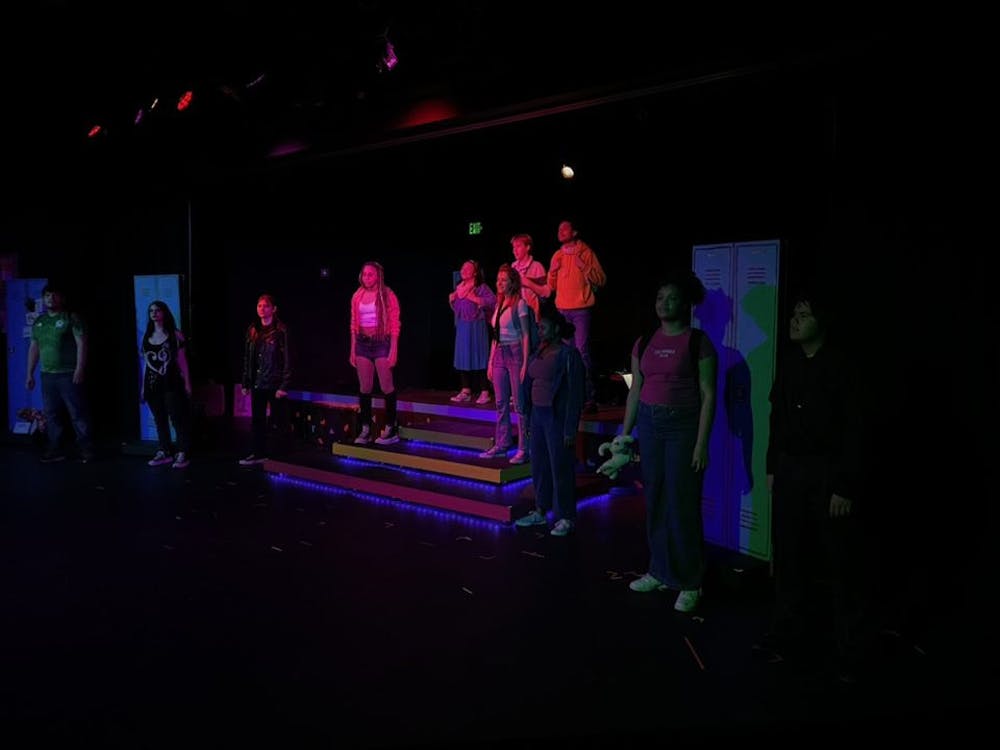13 Reasons Why made history earlier this month when it became the most-talked-about Netflix show on social media in the streaming giant’s history. Of course, Netflix is thrilled, as this seems to be a sign that they have finally captured a demographic that previously proved elusive: those in the tween-to-teen age-range. Needless to say, that group was not exactly primed for Orange is the New Black or House of Cards.
While the screenwriters succeeded at sparking conversation, it’s fair to say that dank memes posted on Facebook or Instagram fail to help young people address the kinds of issues that the show brings up — suicide, stalking and sexual assault — in the nuanced manner they merit.
In fact, many of the memes, especially those referring to the line “Welcome to your tape,” are flat-out offensive to those that have confronted mental health struggles.
Additionally, although the show uses trigger warnings, many mental health professionals have voiced concerns that the show could lead to “suicide contagion.” Some raised questions regarding how creatives can responsibly portray and consume stories of struggles with mental health and wellbeing.
For those that don’t know, 13 Reasons Why is based on the best-selling novel of the same name by Jay Asher. The show tells the story of Clay Baker (Dylan Minnette), an awkward but amiable guy paralyzed in the “friend zone” with Hannah Baker (Katherine Langford).
After her suicide, Clay is given a box of cassette tapes that Baker left behind, each one directly addressed to an individual that played a role in her decision, whether by committing a certain action or failure to do anything at all.
Clay is left to listen to the tapes and decide whether or not to pass them onto the next person. 13 Reasons Why incorporates a separate ongoing narrative surrounding the lawsuit that Hannah’s parents (Kate Walsh and Brian d’Arcy James) are engaged in with the high school.
Much like Jessica Valenti’s powerful memoir Sex Object, 13 Reasons Why is ultimately a timely, compelling tale of growing up as a woman in a society that values you for your looks and judges your sexuality. With one viral text, your reputation can be ruined.
This notion that the moment you’re in right now is going to last forever — that there’s simply no escape from the confines of high school — is something that the show gets deeply right.
While the show has been compared to John Hughes’ infamous films of the ‘80s and ‘90s, 13 Reasons Why falls short in some places. The complex relationships between the students feel slightly overplayed and certain characters serve as mere archetypes rather than more nuanced representations. This is especially evident in the show’s portrayal of the central antagonist Bryce Walker (Justin Prentice).
Even in a golden era of television, it isn’t often that shows designed for teens are good enough to appeal to multiple generations, yet 13 Reasons Why does just that. It’s a show that didn’t just make recurring appearances on my Facebook page and in conversations amongst my friends but also in those of my parents and younger brother.
This is the kind of show you have to talk about, if only for your own catharsis, which is part of the reason why the writers are currently in hot water.
In my opinion, the writers made the right decision in depicting Hannah’s death. As far as their rejection of the guidelines for reporting suicides in the media goes, the show and source material simply wouldn’t exist if Jay Asher or the other writers had followed them. The entire premise of the show hinges upon characters processing the evidence that Hannah left behind.
Beyond that, it is admittedly difficult to discern when traumatic events portrayed on screen cross the line between producing genuine, emotional reactions and exploiting experiences that many have suffered in real life.
That said, the scene when Hannah commits suicide and is then found by her parents — while obviously incredibly painful to watch — truly embedded itself in my thoughts. It made me think. It’s a grim rather than glamorous depiction.
It made me feel an infinitesimal fraction of the immeasurable pain that I imagine a family member of friend of someone that chooses to take their own life experiences. It, as well as the show as a whole, is devastating, and it’s meant to be.






















Please note All comments are eligible for publication in The News-Letter.